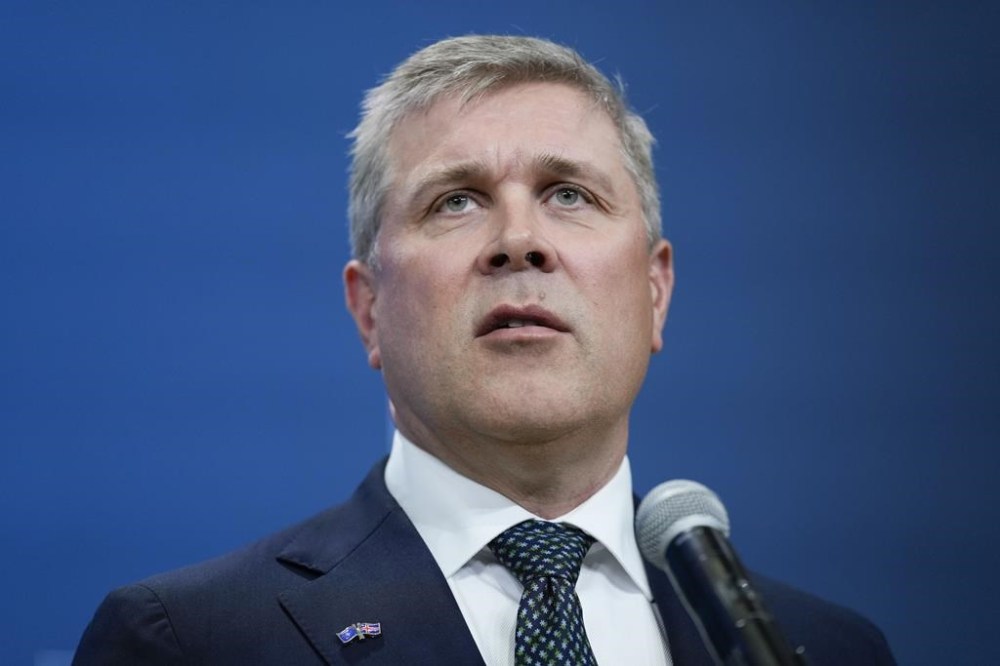Iceland appears headed for a snap election after governing coalition collapses
Advertisement
Read this article for free:
or
Already have an account? Log in here »
To continue reading, please subscribe:
Monthly Digital Subscription
$0 for the first 4 weeks*
- Enjoy unlimited reading on winnipegfreepress.com
- Read the E-Edition, our digital replica newspaper
- Access News Break, our award-winning app
- Play interactive puzzles
*No charge for 4 weeks then price increases to the regular rate of $19.00 plus GST every four weeks. Offer available to new and qualified returning subscribers only. Cancel any time.
Monthly Digital Subscription
$4.75/week*
- Enjoy unlimited reading on winnipegfreepress.com
- Read the E-Edition, our digital replica newspaper
- Access News Break, our award-winning app
- Play interactive puzzles
*Billed as $19 plus GST every four weeks. Cancel any time.
To continue reading, please subscribe:
Add Free Press access to your Brandon Sun subscription for only an additional
$1 for the first 4 weeks*
*Your next subscription payment will increase by $1.00 and you will be charged $16.99 plus GST for four weeks. After four weeks, your payment will increase to $23.99 plus GST every four weeks.
Read unlimited articles for free today:
or
Already have an account? Log in here »
Hey there, time traveller!
This article was published 14/10/2024 (418 days ago), so information in it may no longer be current.
LONDON (AP) — Iceland appears headed for a snap election after Prime Minister Bjarni Benediktsson pulled the plug on the Nordic nation’s fragile governing coalition.
The prime minister asked President Halla Tómasdóttir on Monday to formally dissolve Iceland’s parliament, the Althingi, for an election on Nov. 30, national broadcaster RUV reported. The president said she would meet other party leaders before making an announcement later this week.
Benediktsson’s center-right Independence Party has governed since April with the centrist Progressive Party and the Left Green Movement. He said the coalition partners disagreed over issues including immigration, energy policy and the economy.

Iceland is a wind-lashed island near the Arctic Circle with a population of about 385,000. The country suffered through years of economic upheaval after its debt-swollen banks collapsed during the 2008 financial crisis, but has become a major draw for tourists eager to see its glaciers and waterfalls, the Northern Lights and its frequently active volcanoes.
Repeated eruptions on the Reykjanes Peninsula in the country’s southwest have displaced several thousand people and strained public finances.

